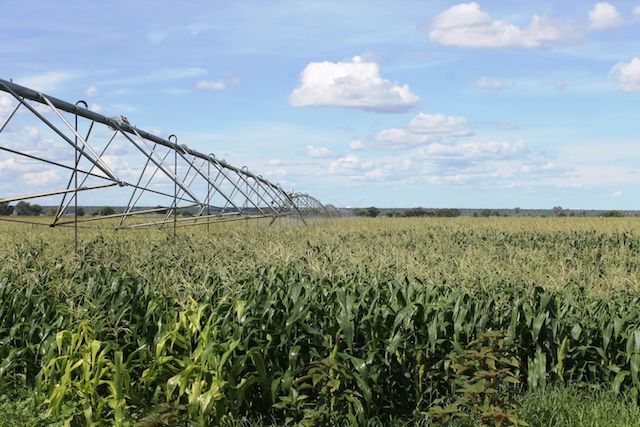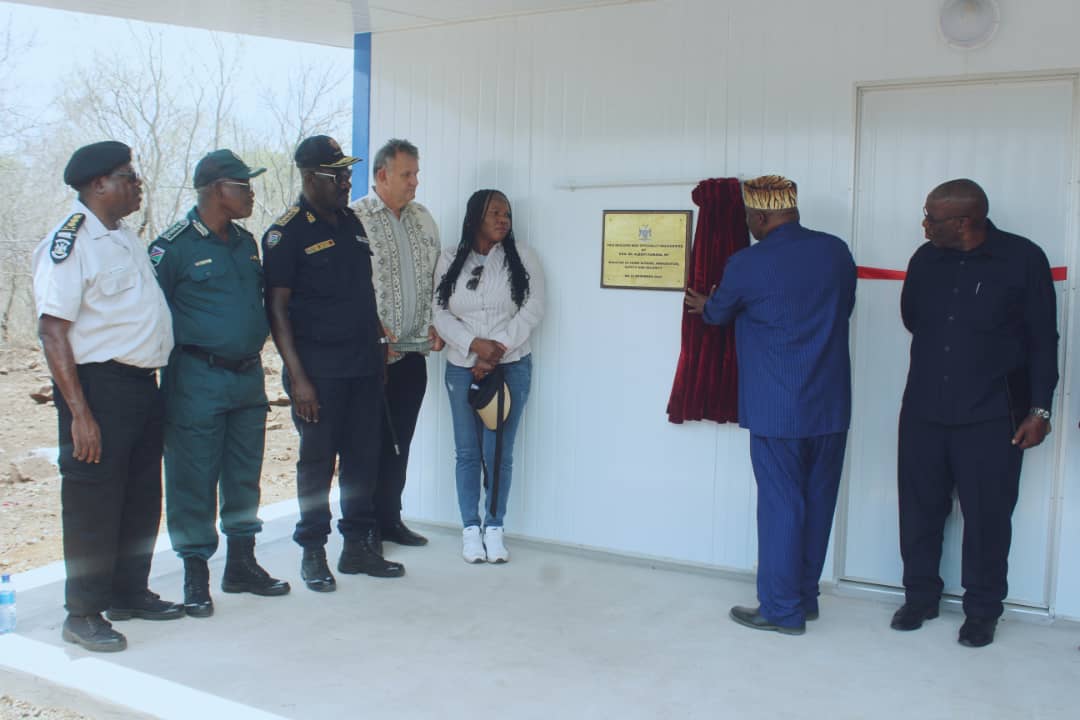The Hardap green scheme irrigation project is facing a barren year, with no lucerne planting this season due to a critical water shortage.
Project manager Lima Kativa says the Hardap Dam’s water level has dipped to a concerning 11%.
This has prompted the Ministry of Agriculture, Water and Land Reform, through NamWater, to issue a directive in April, restricting all Hardap Valley farmers from planting new crops.
Additionally, existing crops may only be irrigated on 25% of their land.
Kativa says many private farms have been forced to retrench up to half their workforce.
“The Hardap green scheme is similarly affected, although no job cuts are planned. However, with only a quarter of land allowed for irrigation across the entire Hardap Valley, there’s already a looming deficit in fodder production for livestock in the region,” he says.
Kativa anticipates that NamWater will soon shut down access to untreated irrigation water.
It’s only a matter of time before the Hardap Dam dips below 10% capacity, he says.
This lack of water is already driving up lucerne bale prices.
This time last year, bales of lucerne cost around N$60 each, but currently cost N$140 each.
With no new planting across the valley, production is dropping and will continue to decline, Kativa says.
He says the agriculture ministry has procured all the necessary production inputs on schedule.
However, limited water in the Hardap Dam is forcing all farmers to postpone planting until April 2025.
This depends on the Hardap Dam receiving enough rain to refill, Kativa says.
“This is the worst drought in decades, impacting not only Namibia, but the entire Southern African Development Community region,” he says.
“Countries like Malawi, Zambia, and Zimbabwe have declared the drought a state of emergency.”
Located just outside Mariental, the Hardap green scheme is one of Namibia’s smallest state-run green schemes.
It primarily focuses on lucerne production for animal fodder, with occasional planting of barley, oats, maize and wheat.
Stay informed with The Namibian – your source for credible journalism. Get in-depth reporting and opinions for
only N$85 a month. Invest in journalism, invest in democracy –
Subscribe Now!






